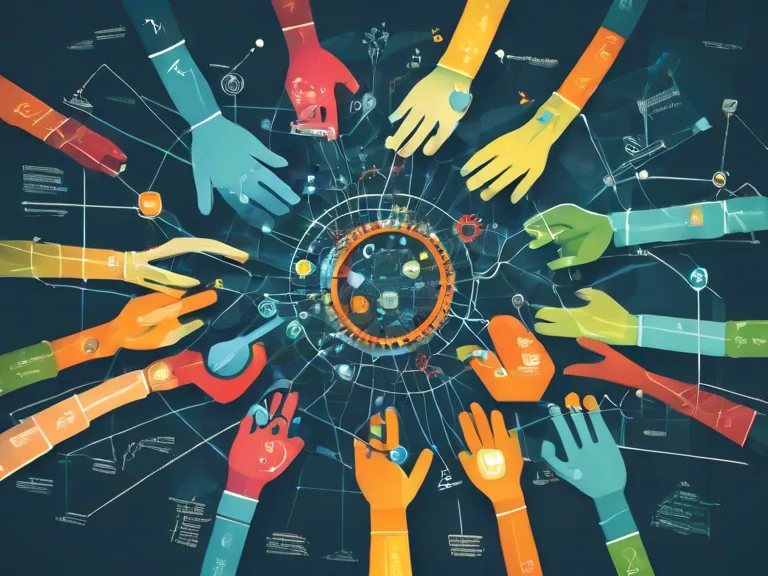
In recent years, the rise of social media platforms has brought to light a new ethical dilemma surrounding data-driven virality. As users share, like, and comment on content, algorithms analyze this data to determine what will go viral, reaching thousands or even millions of people. While this can be a powerful tool for businesses and influencers seeking to increase their reach, it also raises concerns about privacy and the impact of influence on individuals.
One of the key ethical challenges of data-driven virality is the issue of consent. When users share personal data on social media platforms, they may not always be aware of how that data is being used to influence what content they see. This raises questions about whether users are truly consenting to have their data analyzed and used in this way. Additionally, the algorithms that determine what goes viral can sometimes inadvertently perpetuate harmful stereotypes or misinformation, further complicating the ethical implications of data-driven virality.
Another key ethical consideration is the impact of influence on individuals. As content goes viral, it can influence public opinion, shape political discourse, and even impact market trends. This raises questions about who has the power to influence what goes viral, and whether that power is being wielded responsibly. Additionally, the potential for content to go viral based on its shock value or emotional appeal can sometimes lead to the spread of harmful or false information, further complicating the ethical landscape of data-driven virality.
Navigating the ethics of data-driven virality requires a careful balance between privacy and influence. Users must be informed about how their data is being used and have the ability to control what content they are exposed to. Platforms must also take responsibility for ensuring that the content that goes viral is not harmful or misleading. By addressing these ethical concerns, we can work towards a more responsible and ethical approach to data-driven virality in social media.



